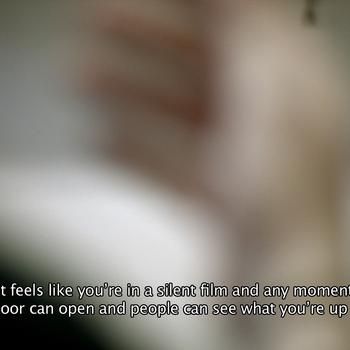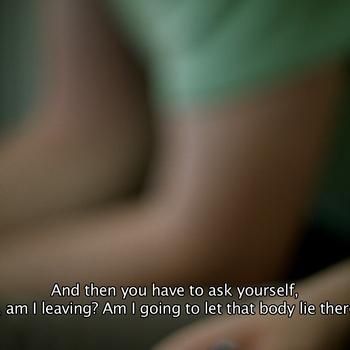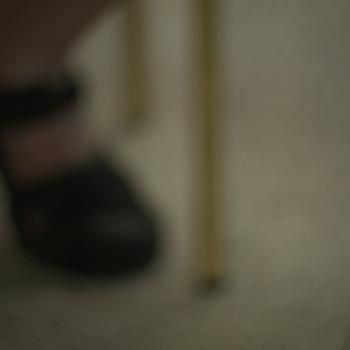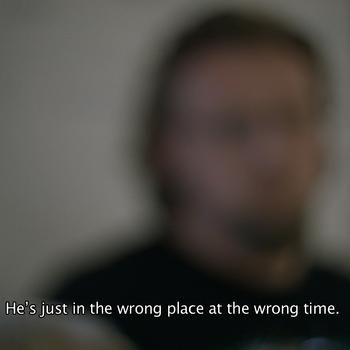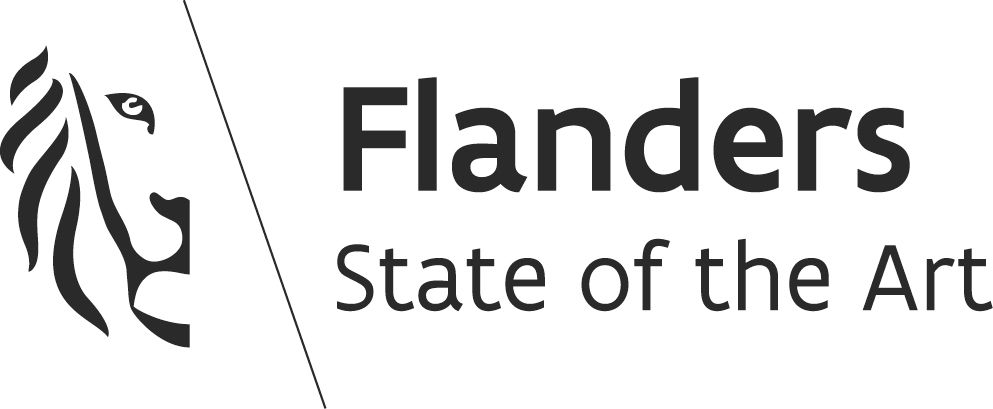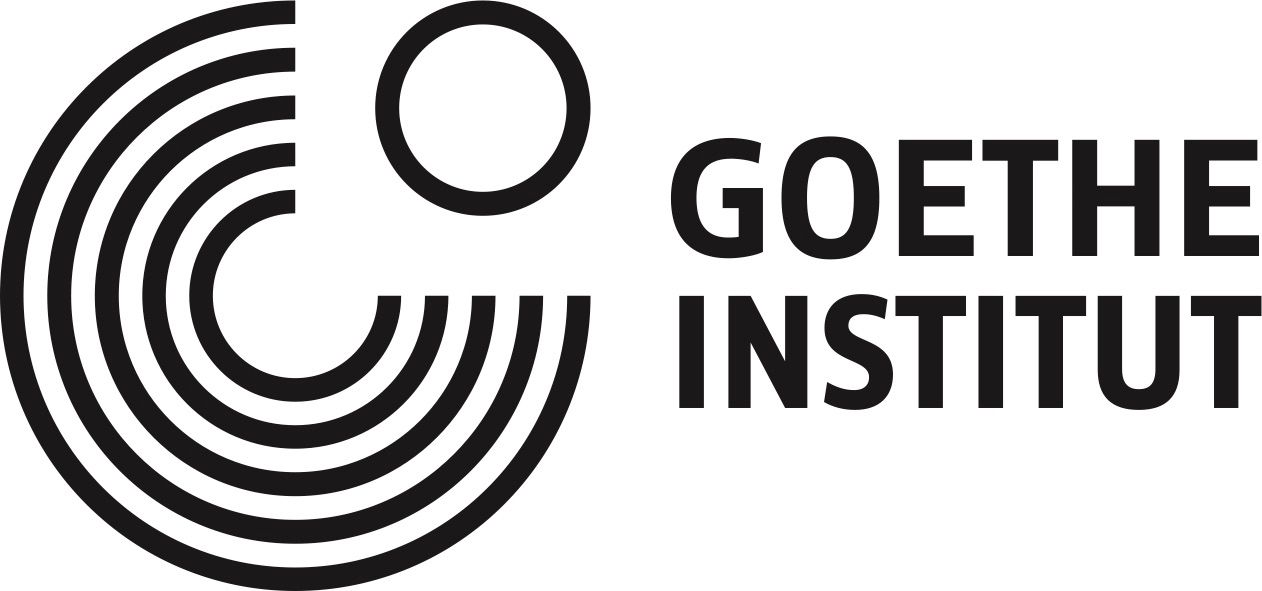“The Making of Justice” is a movie about seven prisoners working on the scenario for a crime film together with Sarah Vanhee. Like the main character in the film, they are all guilty of murder. To shape the story, they draw on their own experiences, ideas and desires. We, the viewers, can only guess whether they are using fiction as a means of confirming, transcending or transforming their present situation. In the course of the film they discuss criminality as a parallel reality, what the nature of justice is, and what a society would be like if it was oriented towards healing rather than retribution. ‘The justice system is not synonymous with justice itself. The justice system means the application of rules, but justice is a human capacity’, says one of the men. The image of ‘the criminal’ is always elusive, both in terms of form (because the lens always remains out of focus) and content, because the authors and their character appear first as people and only then as offenders.
The film has recently been screened at the following locations: BUDA art centre - Kortrijk (BE); OPEK - Leuven (BE); STUK icb COURTISANE - Leuven (BE); Centrale Fies/Supercontinent - Dro (IT); Theater Aan Zee - Oostende (BE); Performing Arts Festival Groningen, Groningen (NL); Alpbach Forum - Alpbach, Tirol (AT); Idem Festival/La Casa Encendida - Madrid (ES); Hebbel am Ufer, Berlin (DE); Every Body's Spectacular, Reykjavik (IS); Kaaitheater, Brussels (BE).
In October 2017 Sarah was granted an award by the student jury in the First Light section at Jihlava International Documentary Film Festival, Jihlava (CZ)
"The student jury of the First Lights section grants the award to a filmmaker whose clear vision, confident directing style and a profoundly human insight allowed him to defy the conventional portrayal of those who have been sentenced to prison. The stories of the individual characters combined with minimalist filmic language compel us to reflect on the general character of justice. The Award goes to the film called The Making of Justice by Sarah Vanhee."
SARAH VANHEE’s artistic practice is linked to performance, visual arts and literature, and unfolds in various environments. “I create temporary, porous yet clearly defined spaces in which I analyze existing realities and confront those with an absurd, utopic or poetic proposal. From this friction different narratives, landscapes, practices and fictions emerge. Recent works include The Making of Justice (film), Oblivion (performance), I Screamed and I Screamed and I Screamed (video-installation & performance), Untitled (series of meetings), Lecture For Every One (series of intrusions), Turning Turning (performance). Her work has been presented in diverse contexts such as Van Abbe Museum (Eindhoven), Kunstenfestivaldesarts (Brussels), Art Centre De Appel (Amsterdam), La Ferme du Buisson (Parijs) , Centre Pompidou (Metz), Arnolfini Gallery (Bristol), iDans (Istanbul), Printemps de Septembre (Toulouse), Impulstanzfestival (Vienna), Kiasma (Helsinki), HAU (Berlin) etc. She co-published Untranslatables and wrote The Miraculous Life of Claire C and TT, as well as different texts for performance. She regularly works with CAMPO (Ghent) and is founding member of Manyone vzw. Vanhee lives and works in Brussels.
http://www.sarahvanhee.com/home
Freiraum is an initiative of Goethe Institute and Kanuti Gildi SAAL will organise a series of events related to the topic of freedom in Tallinn. Freiraum as sphere of freedom or free zone unites 53 partners from culture, science and civil society all over Europe who in more than 40 cities of Europe will be grappling with the concept of freedom in our contemporary world. Paired European cities are developing projects to be presented to the public in a series of events in 2018 and 2019. Kanuti Gildi SAAL dialogue partner is Kunsthaus Dresden and they formulated question - against the backdrop of the increasing use of the city and public space as a setting for right-wing populist initiatives since late 2014, what can art, as a language of freedom, do in times of widespread resentment? Kanuti Gildi SAAL posed a question: are we wrong to be happy? Focusing on the nexus between freedom and responsibility as well as on positive aspects of free private and public life.
https://www.goethe.de/prj/fre/en/index.html
